by Mariah Buzza
If you frequent internet forums such as Quora and Reddit, you may have noticed that “narcissism” is a popular topic. As indicated by the volume of discussion on “narcissism,” individuals from all sectors of society seem to be acknowledging the existence of another public health crisis which is having dire consequences on our whole health. This crisis is manifesting in the narcissistic behavior of significant others, parents, coworkers, and perhaps even ourselves.
However, “narcissism” isn’t simply a colloquial or descriptive term we use to describe people we consider selfish or self-absorbed. Narcissistic Personality Disorder is a clinical diagnosis in the field of psychology.
What is Narcissistic Personality Disorder?
Narcissistic Personality Disorder, or NPD, is defined in the Diagnostic and Statistical Manual of Mental Disorder-5 (DSM-5) as “A pervasive pattern of grandiosity (in fantasy or behavior), need for admiration, and lack of empathy beginning in early adulthood and present in a variety of context….”
The DSM-5 further states that the diagnostic criteria for an individual must include five of the following:
- “Has a grandiose sense of self-importance (e.g., exaggerates achievements and talents, expects to be recognized as superior without commensurate achievements).”
- “Is preoccupied with fantasies of unlimited success, power, brilliance, beauty, or ideal love.”
- “Believes that he or she is ‘special’ and unique and can only be understood by, or should associate with, other special or high-status people (or institutions).”
- “Requires excessive admiration.”
- “Has a sense of entitlement (i.e. unreasonable expectations of especially favorable treatment or automatic compliance with his or her expectations).”
- “Is interpersonally exploitative (i.e., takes advantage of others to achieve his or her own ends.)”
- “Lacks empathy: is unwilling to recognize or identify with the feelings and needs of others.”
- “Is often envious of others or believes that others are envious of him or her.”
- “Shows arrogant, haughty behaviors or attitudes.”

Sound Familiar?
Before you self-diagnose or diagnose those around you with NPD, remember to consider that these criteria must be observed in a person’s wholistic behavior over time for a formal diagnosis to be made. All humans act narcissistic at times (thanks to original sin!) but not all meet the diagnostic criteria for NPD. If you are legitimately concerned for yourself or someone in your life, we encourage you to seek professional help.
The pervasive attitudes, practices, and causes in our modern world do not sound much different from the criteria listed above. I argue that society as a whole currently meets at least five of these criteria.
The Appearance of Systemic Narcissism
It is not surprising that narcissism is observed on a large scale in a society that is scarred from the scourge of systemic abortion. Society is undoubtedly bearing narcissistic fruit when the eradication of innocent life is systematically justified in the name of “choice.” The five criteria that I believe are observed in society and indicate systemic narcissism are discussed below:
- The first criteria in the DSM-5, involving the exaggeration of achievements and talents, is reminiscent of the plethora of social media platforms designed to encourage professional networking and self-promotion. These sites encourage us to “say what’s on our minds” and promote our achievements with, often times, no contextual considerations for how what we say or what we share may affect the individuals in our networks. While these sites do indeed produce good fruit, such as providing a space for mission building, they have also created fake realities surrounding the promotion of self in which success and power are idolized.
- The second criteria, involving a preoccupation with the fleeting lures of this world, is observed in much of the content distributed on social media along with the broader entertainment we consume. We are preoccupied with a far from ideal “love,” more comparable to passion. We define ourselves in terms of “power” and “brilliance” as observed in the collegiate pressures young people face to get into the best school possible. Another example of this is the emphasis we place on the material markers of success, such as owning a car. Success and power are even idealized to the point of minimizing the feminine capacity to bear and nurture children. Many women are abandoning the latter for the former, believing the lie that success is not possible if space for a child is made.
Further Affects on the Domestic Church
- The third criteria, involving the perception that one is ”special” and can only associate with or be understood by other “special” people or institutions, is easily identified in the tribalism of political discourse. We judge each other by the labels we bear and the organizations we advertise (on our social media profiles) leaving no room for authentic fellowship or conversation. It is a common trend on social media profiles and media at large, for those who fail to agree with a particular political allegiance to be spoken of as having a lower intelligence or moral compass. It has become normal to “other” individuals based on the external beliefs and causes that they promote that do not align with the institutions we support.
- The fifth criteria, involving feeling “entitled,” can be seen quite starkly in the moral sphere of society. Deeply held beliefs of entitlement have led to the disintegration of countless marriages in which one or both parties believe they are entitled to the “ideal love” that they envisioned and not what God has called them too in the sanctification of their spouse. The belief that “I am entitled to my own perfect happiness” is often acted upon at the expense of the spiritual and psychological well being of children who are most affected by a broken home. This is not to say that men and women who have courageously pursued separation for just cause are narcissistic. But rather, there is overwhelming support for divorce in our culture on the grounds of ideologies that mirror narcissistic beliefs. All of this is further culminated in the cultural relativism that says one is entitled to the truth that they choose for themselves, rather than that which serves the common good and is written in the natural law.
At the Intersection of Politics and Morality
- The seventh criteria, involving a lack of empathy, is perhaps the most painful to observe. It is seen in the hostility and profanities that are displayed amidst disagreements surrounding the COVID-19 Pandemic and in the overturning of Roe V. Wade. Rather than the presence of dialogue that is purposed to understand a controversial belief, the controversial belief is labeled as an indicator of hate for another with complete disregard for the person holding it. In other words, the hearts of many are assumed or completely dismissed without adequate efforts to truly know them. Few efforts to understand the root of or perspective underlying the outward feelings and beliefs of others are made in our modern political discourse, which is a troubling sign that empathy has been discarded.
These collective observations, which parallel the clinical diagnosis for an individual with NPD, point to the reality of a society that is obsessed with itself. This same society has gone so far as to create its own truth, deeply neglecting a God who manifests the empathy we avoid in the person of Christ. And perhaps one of the most distressing aspects of the observed systemic narcissism is the impact it has had on the most innocent in our world, the unborn and children at large.
More than Flattening the Curve
While the causes of NPD are not fully understood, it is thought by many to be a coping response to deep-seated trauma in conjunction with genetic propensity. And we indeed live in a society traumatized by the effects of sin. Our health care should thus create environments in which trauma is allowed to be seen through spiritual and mental health support. We must also recognize that that while a person is more than their physicality, the physical is essential and often stores the trauma that influences narcissistic tendencies.
Integrative health approaches or approaches to health care that encompass treatment of spirit, mind and body, can effectively confront societal narcissism. We need wholistic care for all individuals, that directly counters narcissistic disregard for empathy. We need care that models Christ’s concern for our hearts. And this is what the CURO healthcare community is offering.
To combat this plague of narcissism, we must intentionally create a culture of life in which all people, especially children, are seen for the gifts that they are and given what they need to flourish in empathy as willed and modeled by the Divine Physician.

